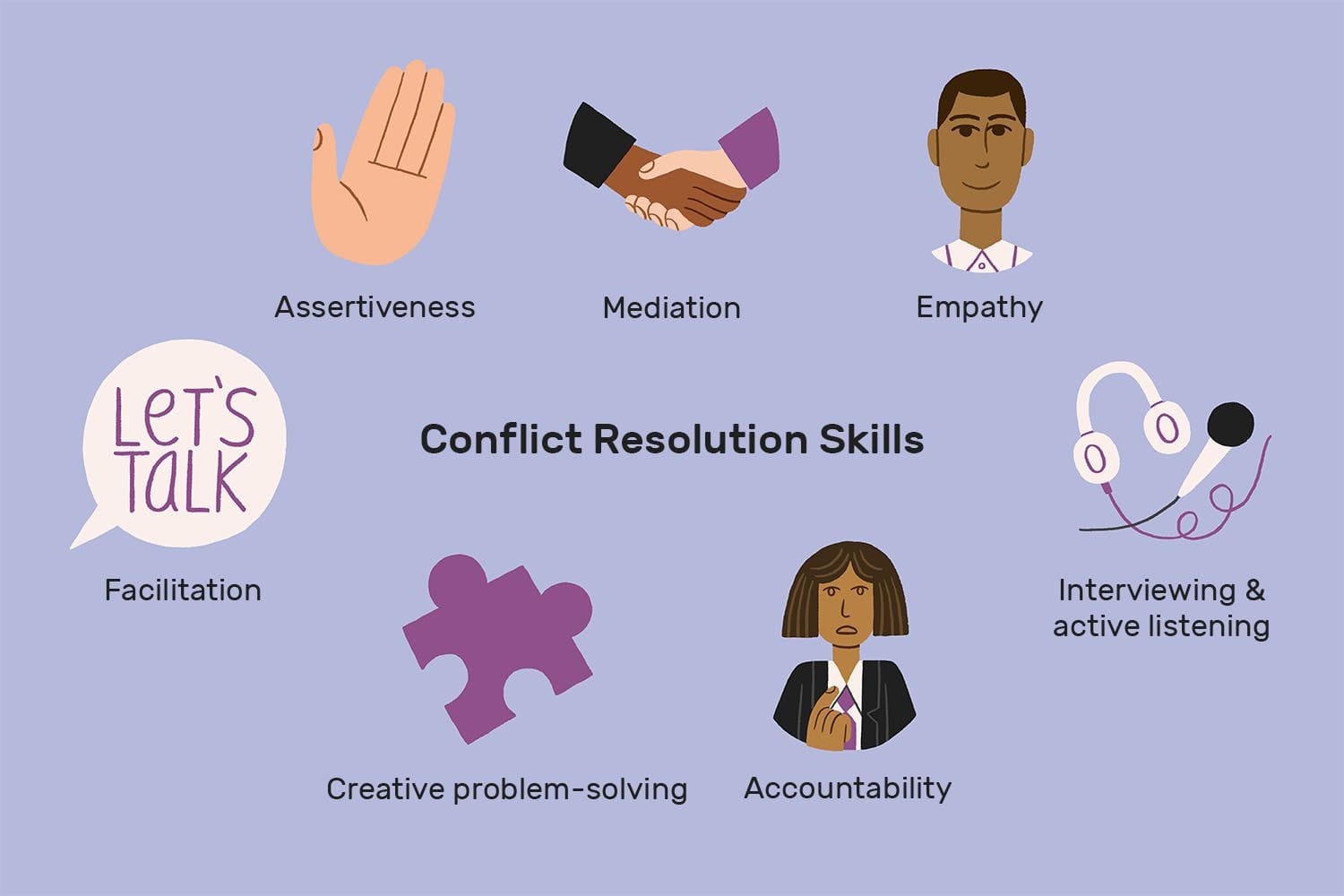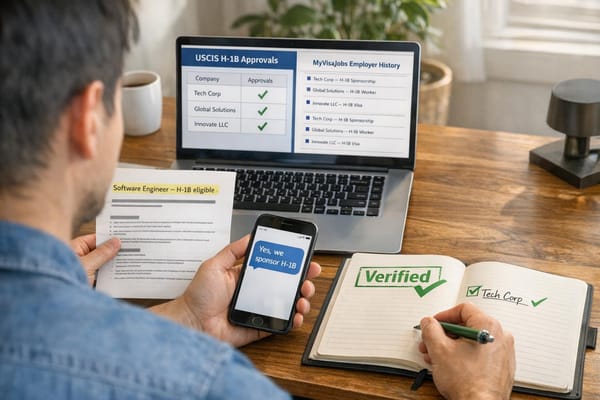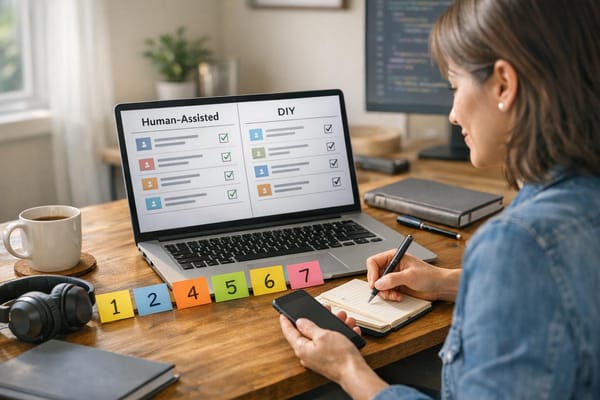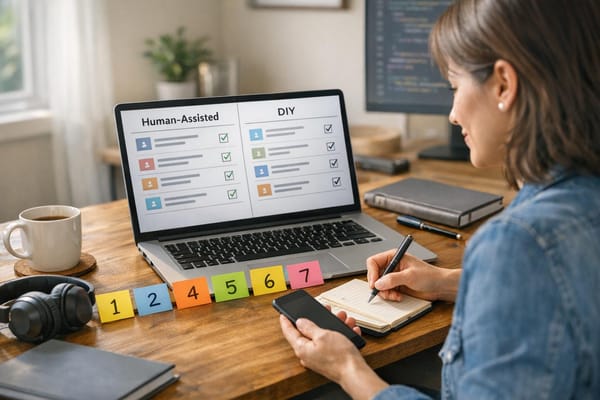Workplace Conflict Management and Resolution: Mastering the Art of Harmonious Collaboration

Conflicts are an inevitable part of any workplace, arising from differences in opinions, work styles, or even personal values. These disagreements can stem from a variety of sources, such as miscommunications, cultural differences, or conflicting goals and expectations. When left unaddressed, these conflicts can fester and escalate, leading to a toxic work environment, decreased productivity, and strained relationships among colleagues.

The ability to effectively manage and resolve these conflicts is, therefore, a critical skill for maintaining a harmonious and efficient workplace. Here’s how you can handle workplace conflicts more effectively:
- Assertiveness
- Being assertive means expressing your thoughts, feelings, and needs openly and honestly while respecting others. It helps in setting boundaries and communicating effectively without aggression.
- Mediation
- Mediation involves facilitating discussions between conflicting parties to help them reach a mutually agreeable solution. A mediator remains neutral and guides the conversation to ensure both sides are heard.
- Empathy
- Empathy is the ability to understand and share the feelings of others. It is crucial in conflict resolution as it helps in building rapport and understanding the underlying emotions behind the conflict.
- Facilitation
- Facilitation is about creating an environment where open and productive discussions can take place. This skill ensures that all voices are heard and that the conversation stays focused on resolving the conflict.

- Creative Problem-Solving
- Creative problem-solving involves thinking outside the box to find innovative solutions to conflicts. It requires flexibility and the ability to see the situation from different perspectives.
- Accountability
- Taking responsibility for one’s actions and acknowledging mistakes is essential in conflict resolution. Accountability helps in building trust and shows a commitment to resolving the issue.
- Interviewing & Active Listening
- Effective conflict resolution requires asking the right questions and actively listening to the responses. This skill helps in gathering accurate information and understanding the concerns of all parties involved.
Conclusion
Effective conflict management and resolution are essential skills in any workplace. By recognizing conflicts early, understanding different perspectives, and fostering open communication, you can transform conflicts into opportunities for growth and stronger teamwork.
Feeling stuck in your career search? We've got the solution! Effortlessly explore and apply to numerous job opportunities. Visit scale.jobs now and take the first step towards your dream job. Plus, you'll soon receive a free gift – a customized cover letter!




